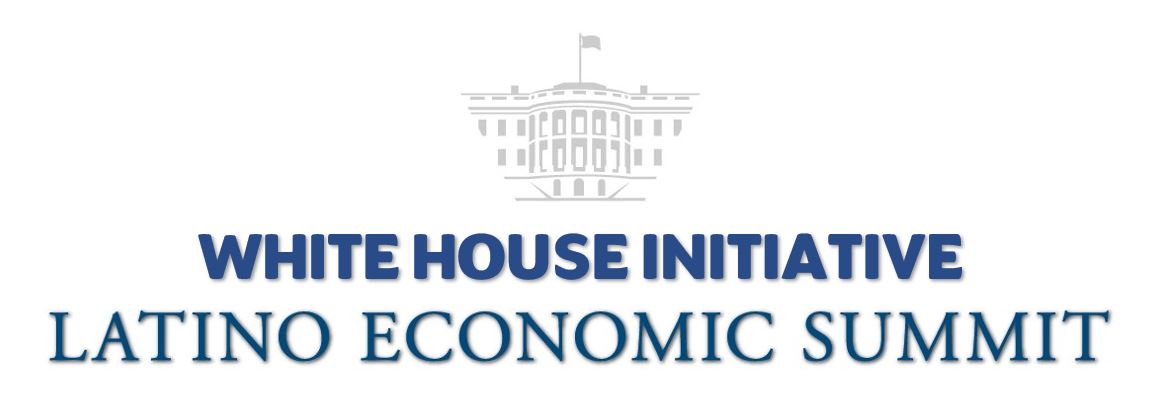- 14 3402-5578
- Rua Hygino Muzy Filho, 737, MARÍLIA - SP
- contato@latinoobservatory.org
 https://sites.ed.gov/hispanic-initiative/white-house-initiative-latino-economic-summits/
https://sites.ed.gov/hispanic-initiative/white-house-initiative-latino-economic-summits/
The White House Initiative Latino Economic Summit and White House Initiative at California State University, San Bernardino (CSUSB), which took place November 17, was the sixth and final in a series of events that began in March in San Antonio. Together, through these forums, the Biden-Harris administration and the Aspen Institute highlighted the government’s commitment to advancing equity and economic empowerment and connected members of the local Latino community directly with federal leaders and resources.
Leaders from seven federal agencies will lead
workshops, including: the U.S. Department of Agriculture, U.S. Department of
Education, U.S. Department of Energy, U.S. Department of Health and Human
Services, U.S. Department of Housing, National Science Foundation, and U.S.
Small Business Administration.
The summit was attended by U.S. Secretary of Education Miguel Cardona, U.S. Department of Energy Deputy Secretary David Turk, and other senior Biden-Harris administration officials and California leaders, including Rep. Pete Aguilar. Cardona made comments at the summit and then participated in a chat with Domenika Lynch, executive director of the Aspen Institute Latinos and Society Program.
According to the CSUSB, the discussed topics were:
● The areas of the Inland Empire (a metropolitan area in Southern
California) that have suffered the most from the pandemic and which urgently
need resources and economic recovery plans. The government, the private sector
and the philanthropic sector have an important role to play there.
●
The Inland Empire has the potential to lead the fight for the
decarbonization of the logistics industry, given the role it plays in trade.
“President Joe Biden and his administration know
that America’s future prosperity and global leadership are tied to the success
of Latino families and communities. Through the American Rescue Plan,
Bi-partisan Infrastructure law, Inflation Reduction Act, executive orders and
Administrative actions, the Biden-Harris Administration is making historic
investments in the Latino community from federal contracting to workforce
development”.











